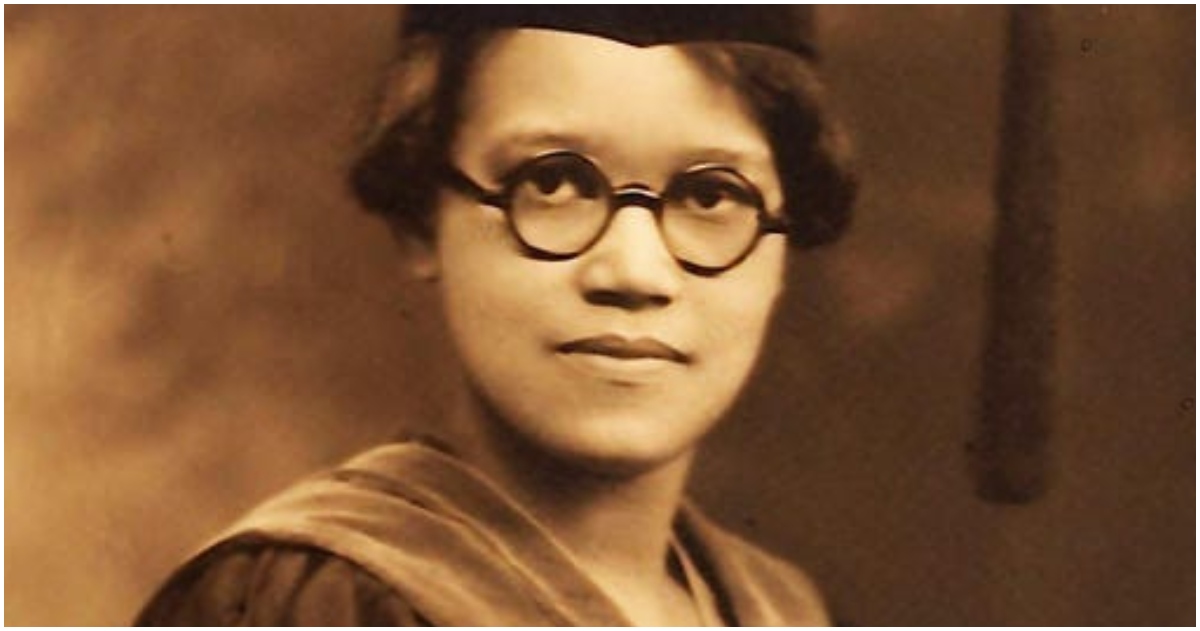Charlotte E. Ray made history in 1872 by becoming the first Black woman lawyer in the United States. Her groundbreaking achievements in the legal profession stood as a powerful challenge to the racial and gender biases of the 19th century. Despite societal barriers, Ray’s journey remains a symbol of courage and determination for marginalized communities.
Breaking Legal Barriers as the First Black Woman Lawyer
Charlotte E. Ray’s admission to the District of Columbia Bar in 1872 was a momentous achievement. At a time when women and African Americans faced widespread discrimination, Ray’s success was a bold defiance of societal norms.
Some historians suggest she applied to the bar under the name “C.E. Ray” to obscure her gender in a male-dominated field. While this tactic remains speculative, her acceptance served as a beacon of hope for others facing similar prejudices. Ray specialized in commercial and property law, areas critical during the Reconstruction Era, as African Americans sought economic stability through land ownership.
Her achievement went beyond personal success—it signified that Black Americans were capable of excelling in elite professions. She became a role model for future generations, showing that race and gender should not limit one’s aspirations.
Early Life and Education Built on Activism
Charlotte E. Ray was born on January 13, 1850, in New York City, into a family deeply committed to social justice. Her father, Charles Bennett Ray, was an abolitionist and editor of The Colored American, an anti-slavery newspaper. Her upbringing in this activist household shaped her passion for education and advocacy.
Ray attended the Institution for the Education of Colored Youth in Washington, D.C., one of the few schools at the time open to African American students. Later, she pursued legal studies at Howard University, graduating in 1872 from its progressive law department. Howard’s commitment to diversity made it a haven for students like Ray, who faced systemic barriers in other institutions.
Her academic journey reflected her resilience. In a society that often discouraged women from professional pursuits, Ray stood firm, determined to pave her path in the legal world.
Professional Challenges in a Biased Society
After earning her law degree, Charlotte E. Ray opened her own practice in Washington, D.C., becoming one of the first women in the country to do so. Despite her expertise, her career faced significant challenges.
Many potential clients were unwilling to trust a Black woman with their legal matters, regardless of her qualifications. This bias was not limited to clients but extended to the legal profession itself, which excluded women from professional networks. As a result, Ray struggled to sustain her practice and eventually transitioned to teaching.
Although her time in law was brief, her pioneering efforts left an indelible mark on the legal profession. She demonstrated that women, particularly Black women, could excel in roles long reserved for white men.
Enduring Legacy in Law and Social Justice
Charlotte E. Ray’s influence extends far beyond her career. As the first Black woman admitted to the bar, she opened doors for countless others. Her story is a testament to the power of resilience and determination in the face of overwhelming odds.
Howard University, her alma mater, continues to honor her legacy by promoting diversity and inclusion. Legal organizations, such as the National Association of Women Lawyers, celebrate her groundbreaking achievements. In 2006, the American Bar Association included Ray in its “Pioneers in the Profession” series, cementing her place in history.
Ray’s life also inspired broader social justice movements. Her experience as a Black woman lawyer highlighted the interconnected struggles of race, gender, and class, laying the groundwork for future generations to fight for equality in all its forms.
Recognition of a Trailblazer
Though largely overlooked during her lifetime, Charlotte E. Ray’s contributions have gained recognition in modern times. Her story is chronicled in books, documentaries, and historical exhibits, ensuring her legacy inspires future generations.
Ray’s journey is a reminder that progress often comes through the efforts of pioneers willing to challenge societal norms. Her accomplishments in law and her commitment to equality remain a cornerstone in the history of African Americans and women in professional fields.




